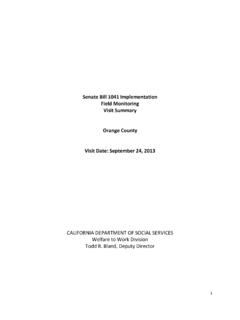Transcription of NO. 5, September, 2013 - Friedrich Ebert Foundation
1 NO. 5, september , 2013 Friedrich - Ebert -Stiftung (FES) ALL RIGHTS RESERVED No part of this book may be reproduced or transmitted in any form by any means, electronic or mechanical including photocopying and recording or by any information storage or retrieval system without permission in writing from publishers and authors. ISBN: 978 978 8449 29 4 Published in 2013 by Friedrich - Ebert -Stiftung, Nigeria Printed by: Muhamsaid Commercial Press Foreword The integrity of any election lies mostly in the processes and procedures that add up to the final results. These processes and procedures are at all times sacrosanct and should be well managed to ensure that elections are not questionable.
2 Frauds that happen before and during elections can result in litigations or at worst trigger post-election violence. Electoral fraud is not peculiar to Nigeria, however the country has had its fair share of frauds in elections. According to the author, Barrister Festus Okoye Nigeria s Independent National Electoral Commission lacks the capacity and resources to hold electoral offenders accountable. He therefore recommends in the paper the revisiting of a proposal by the Electoral Reform Committee aimed at setting up an Election Prosecution Commission to address this issue. This is the fifth discussion paper published by the FES Discussion Paper Series.
3 It aims at contributing a more critical and comprehensive understanding of the importance of this topic. We hope that readers will find it useful as Nigeria treads the path of reform towards the elections in 2015. The Friedrich - Ebert -Stiftung (FES) is a private, non-profit organisation committed to the values of social democracy. By commissioning and coordinating studies and publications, the discussion paper series included, FES Nigeria facilitates public dialogue to enhance the understanding of policy issues and politics in Nigeria. SeijaSturies Resident Representative FES Nigeria 1 Introduction There has been considerable debate as to whether the existing legal framework for the prosecution of electoral offenders as encapsulated in the Electoral Act, 2010(as amended) is appropriate and adequate for the arrest, investigation and prosecution of electoral offenders.
4 There has also been considerable debate as to the capacity and willingness of the Independent National Electoral Commission to prosecute electoral offenders in a professional and ethical manner. Debates are also ongoing as to the willingness of some elements within the political parties to act within the compass of the Constitution of the Federal Republic of Nigeria, 1999(as amended) and the Electoral Act, 2010(as amended) for winning elections and abandon fraudulent means and ways of doing the same. These debates are hinged on the fact that the refusal, inability or incapacity of the Independent National Electoral Commission to prosecute electoral offenders encourages electoral impunity, voter apathy and the gradual disengagement of the Nigerian people from the electoral process as some of them believe that electoral fraud and malpractices renders their votes meaningless and even if they vote, their votes may not count.
5 The debates are also hinged on the fact that if nobody is prosecuted successfully, it may then be more profitable to engage in electoral fraud and malpractices. By section 150(1) & (2) of the Electoral Act, 2010(as amended) an offence committed under the Act shall be triable in a Magistrate Court or High Court of the State in which the offence is committed, or the Federal Capital Territory, Abuja. A prosecution under the Act shall be undertaken by Legal Officers of the Commission or any legal practitioner appointed by it. However, the arrest and prosecution of electoral offenders have been fraught with a lot of challenges.
6 The Police with the responsibility for the arrest, investigation and giving evidence in Court on electoral matters are sometimes posted out of their State Commands and moved to contiguous 2 states on Election Day. This is done to ensure their neutrality on Election Day. Unfortunately, some of the officers on duty on Election Day are posted back to their State Commands after elections making documentation of electoral offences difficult and also making it difficult for credible evidence to be gathered and serious prosecution to be carried out. Most electoral offenders are also not prosecuted because the Independent National Electoral Commission has less than 100 Legal Officers serving the Headquarters and the 36 State Offices including the Federal Capital Territory, Abuja and do not have the capacity and resources to prosecute offences committed in 119, 973 polling units, 8, 809 wards, 360 Federal Constituencies, 109 Senatorial Districts and 774 Local Governments in Nigeria.
7 It is more difficult to see how legal officers of the Commission will prosecute about 870,000 cases of multiple registrations detected by the Independent National Electoral Commission during the 2011 voters registration exercise. Because offenders are hardly prosecuted and some get away with impunity on account of their political affiliation, impunity is recycled, people disengage from the electoral process on account of electoral fraud and violence, and the credibility of the electoral process is called into question. The effect of this state of affairs is that there is shoddy investigation and prosecution of electoral offenders.
8 A research conducted by Human Rights Monitor on the Arrest and Prosecution of Electoral Offenders from January to March 2012 in 18 states of the Federation tracked a total of 294 cases, and out of this number24 cases had been concluded and sentences passed, 78 of the cases were struck out for lack of diligent prosecution, 181 of the cases are still ongoing. 6 of the suspects were discharged and acquitted and 5 suspects have not been charged to courtiUnfortunately, attempts to amend the Electoral Act and create an Electoral Offences Commission through the introduction of an Electoral Offences Commission Bill have not materialized.
9 This is curious because the 3 Independent National Electoral Commission has stated clearly that it does not have the capacity and resources to prosecute electoral offences. It is therefore important to find out whether persons with vested interest in the perpetration and perpetuation of electoral fraud and malpractices are blocking the introduction and passage of a separate Electoral Offences Commission with powers to arrest, investigate, and prosecute electoral offenders. It is also important to project whether the passage of the Law will curb electoral fraud and raise the integrity of the electoral process.
10 The Electoral Process in Nigeria Like most human endeavors, the framers of the Constitution of the Federal Republic of Nigeria, 1999(as amended) and the Electoral Act, 2010(as amended) proceeded from the assumption that election must be free and fair and it is its freeness and fairness that guarantees its integrity. They also proceeded from the assumption that elections are subject to human imperfections and that since every stage of the electoral process is vulnerable, electoral fraud and manipulation may be difficult to prevent. It is the acknowledgement of human imperfections in the conduct and management of elections that accounts for the electorate provisions in Part V111 of the Electoral Act, 2010(as amended) relating to electoral offences and the penalties and sanctions for infraction of the provisions of the law.
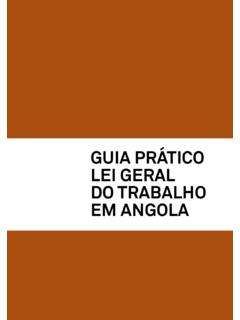
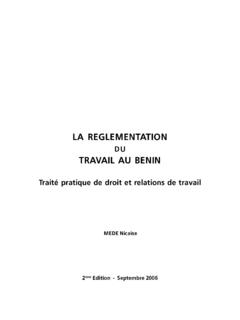
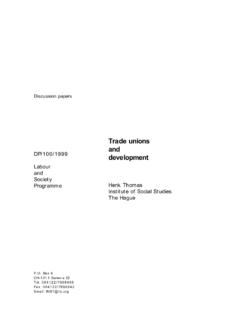
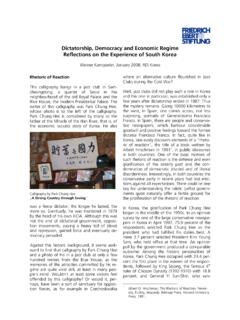
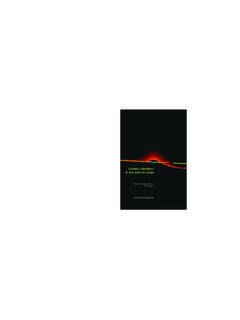

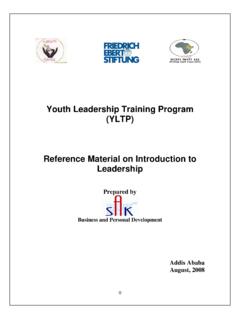
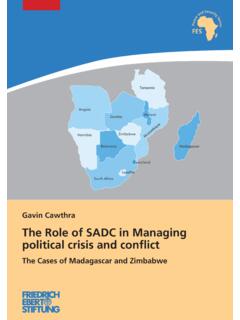
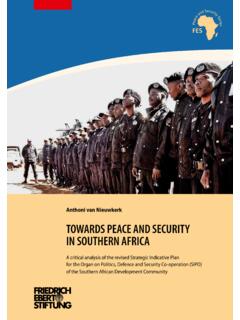
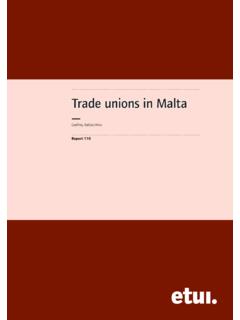

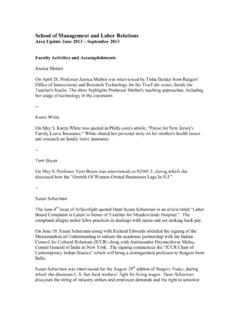
![INTRODUCTION Downloaded by [INFLIBNET Centre] at 03:49 …](/cache/preview/7/d/5/1/8/4/b/1/thumb-7d5184b131d625e4e1404db358b6884b.jpg)





